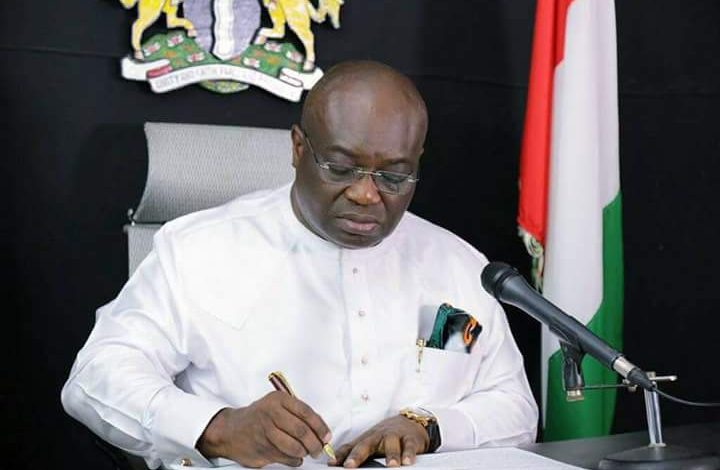There are no products in your shopping cart.
| 0 Items | £0.00 |

 ABIA State government has declared that it will no longer need Nigeria's federal allocation as from 2022 as by then it should self-reliant thanks to the expansion of agriculture and the revenue it is generating mainly from palm oil products.
ABIA State government has declared that it will no longer need Nigeria's federal allocation as from 2022 as by then it should self-reliant thanks to the expansion of agriculture and the revenue it is generating mainly from palm oil products.
Like all of Nigeria's 35 other states, Abia is dependent on its monthly federal allocation obtained from crude oil sales to run its economy. Only Lagos State is currently generating enough revenue to meet its recurrent costs like salaries but of late, there have been attempts to make Nigeria's states self-reliant.
John Okiyi, the Abia State information commissioner, said that the present administration had invested heavily in agriculture, especially in oil palm plantations. He added that the government has so far planted 7.7m high-yielding tenera palm seedlings, which will start producing within the next three years.”
Mr Okiyi described the ranking of Abia by the Nigerian Bureau of Statistics (NBS) as a middle income state as fair enough but argued that the state has yet to get to where it hoped to be. He added that the NBS ranking proved that the state had pride itself in the prudent management of its scarce resources.
"Abia will not rest on its oars and is determined to break new grounds until we are able to meet our dream for Abia. The NBS report shows that Abia has not been borrowing over the years and that we have also been prudent in management of our limited resources,” Mr Okiyi said.
He justified the government’s spending of over N6.8bn to reconstruct Faulks Road, Aba, saying that the project included the construction of underground tunnels that would move excess water from the Ifeobara Pond to Waterside. Mr Okiyi added that the road, as well as others, were built with the cement technology to last for 30 years by renowned road construction companies.